What Is CRM?
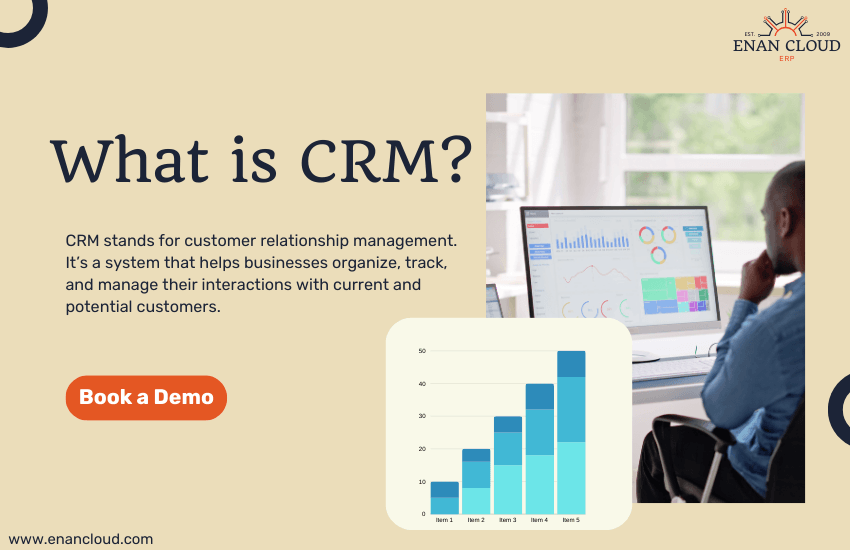
Looking for a way to manage customer relationships and grow your business?
CRM, or Customer Relationship Management, is a powerful tool designed to help businesses of all sizes streamline sales, marketing, and customer service.
Whether you’re a small business owner, a startup, or a freelancer, implementing a CRM can boost your productivity, enhance customer experiences, and drive growth.
In today’s business world, managing customer relationships is more important than ever.
But how do businesses keep track of all their customer interactions, sales leads, and marketing efforts? That’s where CRM comes in.
Whether you’re a small business, a startup, or a freelancer, understanding CRM is key to building long-lasting customer relationships and growing your business.
If you’re ready to get started, try the best CRM for small business. Sign up for a 14-day free trial of Enan Cloud‘s CRM and business automation software now. Then walk through the features and examples outlined below in your Enan Cloud trial app.
14-day free trial. No credit card required.
What does CRM software do?
At its core, CRM software enables you to efficiently manage the information you’ve gathered about your customers and potential leads who are interested in your business.
The goal is simple: to strengthen your relationships with customers by boosting both retention and acquisition.
With AI integration, a CRM goes beyond data management, offering insights into customer behavior, sales pipeline health, team performance, and more.
Picture this: you own a bakery, and customers contact you through your website, mobile app, and social media.
Every day, your team handles hundreds of inquiries, each customer requesting unique products, quantities, and customizations.
Managing this level of interaction manually would be overwhelming. This is where CRM software shines.
A CRM helps you streamline and automate customer interactions. You can send automated emails, text messages, and quotes instantly.
Throughout every stage of the sales process – whether it’s acquiring leads, nurturing prospects, closing sales, or delivering post-purchase service – a CRM ensures you have the right information at the right time.
With this data at your fingertips, you can aim for 100% customer satisfaction. When AI is added to the mix, your CRM can also forecast sales and provide real-time updates, helping you stay ahead of the game.
What Makes Businesses Choose CRM Systems?
Sales are the heartbeat of any business, and most activities revolve around making them happen.
With the fast-paced nature of modern business, relying on spreadsheets to manage data simply won’t cut it.
Spreadsheets make it hard to locate data, generate reports, or get the analytics you need when you need them.
Plus, they lack essential features for survival in today’s competitive landscape. This is why businesses turn to CRMs.
By using a CRM, you can not only increase your lead generation but also engage in more meaningful conversations, building a loyal customer base that champions your brand.
A CRM equips sales teams with timely, relevant information, empowering them to close deals faster and more effectively.
No matter the size of your business, a CRM can offer immense value – especially in a post-pandemic world where so much of our interaction has shifted online.
CRMs provide a wealth of features, from conversion tracking to marketing automation, all designed to streamline your sales process and boost customer retention.
When you compare CRMs to spreadsheets for managing customer data and driving sales, there’s really no competition.
What Are The Types of CRM Systems?
Improving Customer Relationships
Imagine being able to see every interaction you’ve had with a client, from the initial contact to the most recent purchase.
With CRM, you can do just that.
This comprehensive view allows you to offer personalized customer service and strengthen relationships over time.
Boosting Sales and Customer Retention
With CRM, sales teams can track leads and automate routine tasks like sending follow-up emails.
By keeping your sales process organized, CRM helps you close more deals and build stronger, long-term relationships with your customers.
Types of CRM Systems
On-premise CRMs: On-premise CRM systems are installed and managed on the company’s internal infrastructure.
All the necessary servers and hardware are located on-site, meaning access to the system is limited to within the company’s premises.
While this setup gives businesses full control over their CRM, it also requires significant investment in backend infrastructure, ongoing maintenance, and system upgrades – all in addition to the software’s licensing fees.
Cloud-based CRMs: Cloud-based CRMs have become increasingly popular due to their accessibility and ease of use.
Accessible from any browser, anywhere in the world, they offer faster deployment and flexibility for businesses of all sizes.
Unlike on-premise systems, cloud CRMs eliminate the need for costly hardware setups. All a company needs is a computer with internet access.
Typically, the main costs associated with cloud-based CRMs are subscription or licensing fees, making them more affordable and easier to scale.
Industry-specific CRMs: These CRMs are designed to meet the unique demands of specific industries. Tailored CRM solutions are commonly available for sectors like real estate, healthcare, insurance, finance, media, and hospitality.
By focusing on the specialized needs of each industry, these CRMs can provide targeted tools and features that help businesses operate more effectively within their niche.
All-in-one CRMs: Many businesses today opt for all-in-one CRM platforms due to their comprehensive functionality and adaptability.
These cloud-based systems integrate various business tools and provide a holistic view of operations, from managing sales pipelines to detailed customer insights.
All-in-one CRMs are customizable, secure, and packed with features that cater to businesses of all sizes, helping them enhance sales performance and streamline operations across the board.
How Are CRMs Useful For Different Kinds of Businesses?
Customer relationship management (CRM) systems are highly adaptable, allowing businesses of all sizes and across different industries to customize them according to their needs.
Whether it’s a startup, a medium-sized business, or a large enterprise, CRM software can significantly enhance sales, marketing, and customer support efforts.
Beyond streamlining processes, CRM platforms offer many benefits for customer engagement and relationship building:
B2B
It’s often believed that B2B companies don’t require a CRM, but this couldn’t be further from the truth.
B2B businesses also need to securely store critical data and leverage it to maintain strong relationships with partners and clients.
A CRM helps these companies track account details, manage contacts, monitor business deals, payments, and generate reports – all essential for nurturing long-term relationships.
By using a CRM, B2B businesses can stay connected with vendors, partners, and stakeholders, creating a loyal base while managing operational complexities.
B2C
B2C companies have much shorter sales cycles, which means they need fast and personalized customer interactions.
If communications with potential customers aren’t timely and targeted, B2C businesses can easily lose out on sales.
A multichannel CRM equipped with tools like lead management, instant customer feedback, and marketing automation can help B2Cs engage with customers swiftly and efficiently.
This increased agility boosts productivity and helps maximize sales by streamlining interactions across different channels.
SMBs
Small and medium businesses (SMBs) are often mistakenly viewed as being too small to benefit from CRM systems, or as though CRM tools are too complex and expensive for them.
However, cloud-based CRM systems have made it easier than ever for SMBs to get started – even with free or low-cost options.
These systems level the playing field, allowing SMBs to compete with larger companies by improving their operations, customer service, and sales strategies.
Enterprises
As businesses scale, so do their customer bases and the intricacies of their operations.
Enterprise-level CRMs offer powerful features such as workflow automation, advanced analytics, territory management, and sales automation, enabling companies to manage customer relationships more efficiently.
These tools free up sales teams from tedious tasks, giving them more time to focus on strategic initiatives, improving customer experiences, and growing revenue across global operations.
With enterprise CRMs, companies can unify processes and boost productivity, no matter the size or complexity of their operations.
Who Can Use A CRM System?
Anyone with basic knowledge can easily navigate a CRM system, but they’re particularly beneficial for those in sales, marketing, and customer support roles.
Over time, CRM platforms have evolved from simple contact management tools to sophisticated, ever-evolving engines that meet a wide range of business needs.
Today, CRMs empower companies to optimize interactions and workflows, especially for customer-facing teams.
Their flexibility, robust features, and ease of use make them indispensable tools for day-to-day business activities in various departments.
Marketers
Marketers are tasked with generating leads that will eventually convert into sales.
CRMs provide them with advanced tools to create personalized and targeted marketing campaigns, helping them accelerate the lead-to-customer journey.
With built-in marketing automation, AI-driven insights, and emotional analysis, marketers can keep prospects engaged and ready to be passed on to sales teams.
CRMs help marketers track campaign performance, refine their strategies, and ultimately improve conversion rates.
Sales Reps
Sales reps are the front line of any business, interacting directly with customers and addressing their queries.
A CRM equips sales teams with everything they need to manage complex sales processes seamlessly, with all customer data and history at their fingertips.
This access to real-time information allows them to respond faster and more effectively.
Automation tools, along with AI-driven recommendations and forecasts, enable salespeople to streamline workflows and close deals more efficiently, improving overall productivity and performance.
Customer Service Agents
Customer service teams play a critical role in shaping customer satisfaction and loyalty after a sale is made.
A CRM system allows these agents to manage support tickets, track customer issues, and resolve escalations swiftly.
With the ability to access all necessary customer details in one place, service agents can boost customer satisfaction and improve retention rates.
By enhancing the overall customer experience, CRM platforms help increase lifetime customer value, making them essential for after-sales teams.
Benefits Of Using A CRM System
CRMs have become an indispensable part of modern business’ sales and marketing activities.
By not using a good CRM, businesses not only run the risk of losing out on opportunities but also fall prey to inefficiency and low productivity.
Here are some benefits that businesses can reap by deploying a good CRM:

Increased Automation
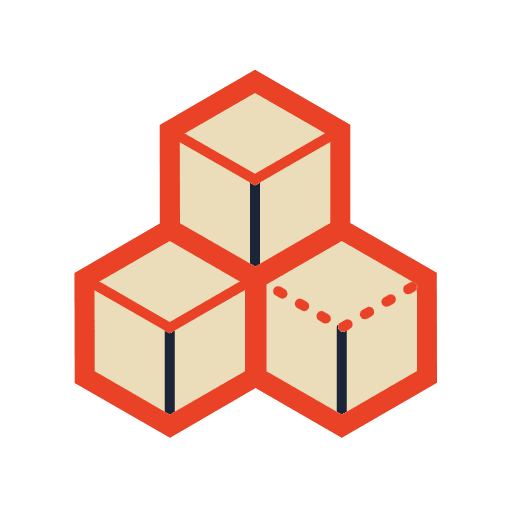
Centralized Information
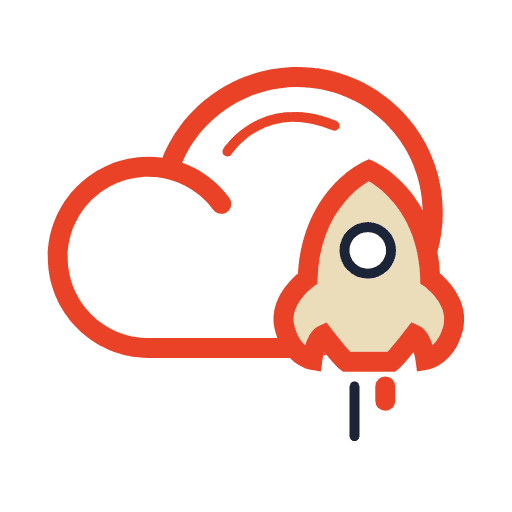
Enhanced operations
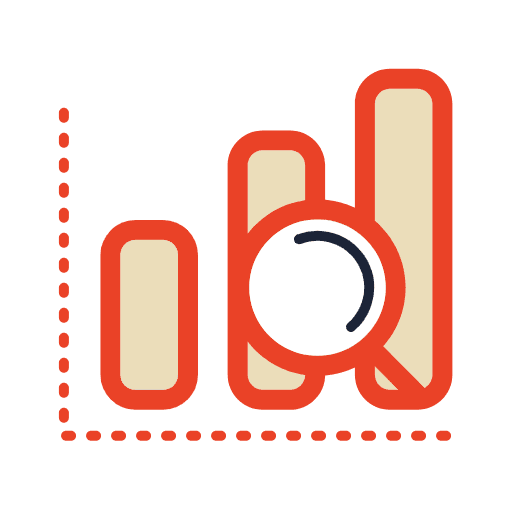
Data driven decision-making
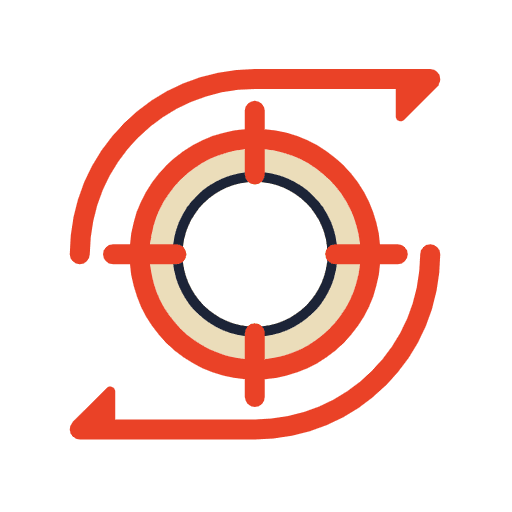
Streamlined sales process

Enhanced customer engagement

Mobile workspace
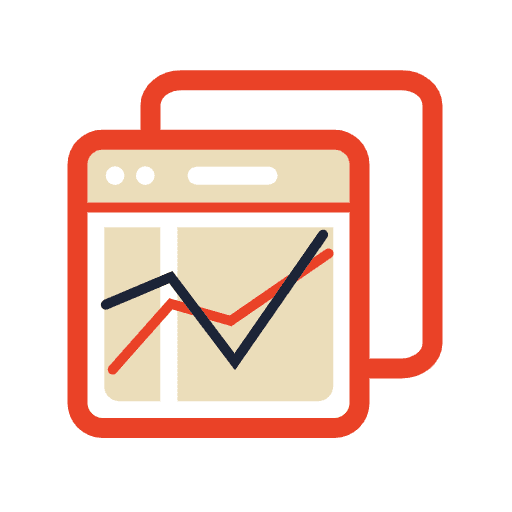
Increased productivity
Key Features of A CRM
Lead Management
If finding quality leads is one thing, tracking and managing them all the way to deal closure is another.
A CRM can give you everything you need to know about your leads in order to convert them into happy, paying customers.
With lead scoring and automated lead assignment, you can assign leads based on a variety of parameters and identify which leads have the highest chance of moving down the pipeline and converting into sales.
With a CRM in place, you can always make data-driven decisions to ensure you convert more in less time.
Contact Management
Contact management features in CRMs help you organize your business contacts in one place.
You’ll know when and why you contacted a customer most recently, the best time to reach them, any mentions you’ve received from social media interactions, and details about how best to reach customers through email and other forms of communication.
This will help you make your conversations with customers more contextual and keep them engaged with their preferred content.
Having all the information related to a contact under one roof also acts means that anyone from the team can take over a contact without missing out on crucial information.
Deal management
A deal once lost is lost forever.
Deal management features in CRMs give you a complete picture of your current and future deals and help you identify what went wrong with unsuccessful ones.
You can segment deals based on their current stages in the pipeline and determine the probability of winning any given deal.
That way, you can concentrate your efforts on the right deals and avoid any bottlenecks you may have spotted in the system.
Email Management
Email management is a core function of any business, and an online CRM solution lets you take complete control of it.
Any email client you use can be integrated with your customer relationship management tool, which means you save time switching between tabs to get work done.
Email management systems inside CRMs let you prioritize emails, analyze email responses, and ensure you perform thorough follow-ups with your recipients.
You can also design and customize email templates to add a wow factor to your email communications.
Sales Automation
As a CRM implementer for your business, you want your sales team to spend more time selling and less time doing other administrative work.
Sales automation will help you replace your current mundane tasks with intelligent workflows and macros.
Leads will also flow through your pipeline more easily thanks to automatic lead assignment, which matches leads to the right sales reps.
This enables your salespeople to focus on what they do the best: selling.
Reporting and Analytics
An analytics-driven business culture can go a long way in transforming your organization’s decision-making style from “gut feeling” to “data-driven”.
From basic charts to advanced analytics, CRM systems offer businesses the necessary intelligence to process data from various sources and produce valuable insights to guide future decisions with data.
Built-in analytics engines can help enterprises gain a crucial competitive advantage by helping spot anomalies and avoid wasting effort and money.
Wonder what’s next?
Start your CRM journey with Enan Cloud CRM
The World’s Favorite CRM, Enan Cloud CRM, is a cloud-based customer relationship management software for managing sales, marketing, and customer support in a single system.
Enan Cloud CRM helps businesses of all sizes build excellent customer relationships with a built-in AI sales assistant and other features like sales pipeline management, marketing automation, analytics, and much more.
2 Comments
Comments are closed.
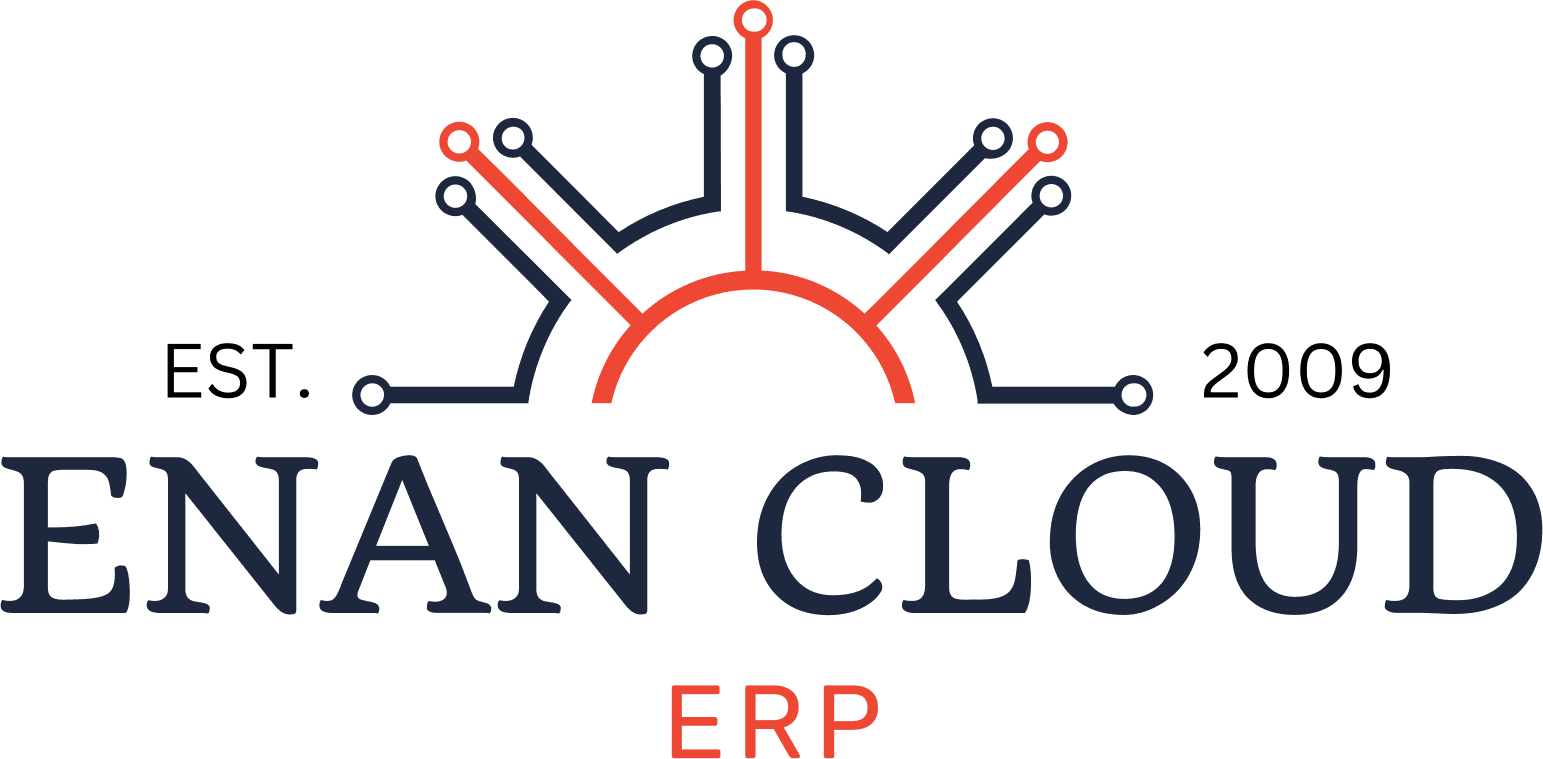



Great article.
Nice Read.